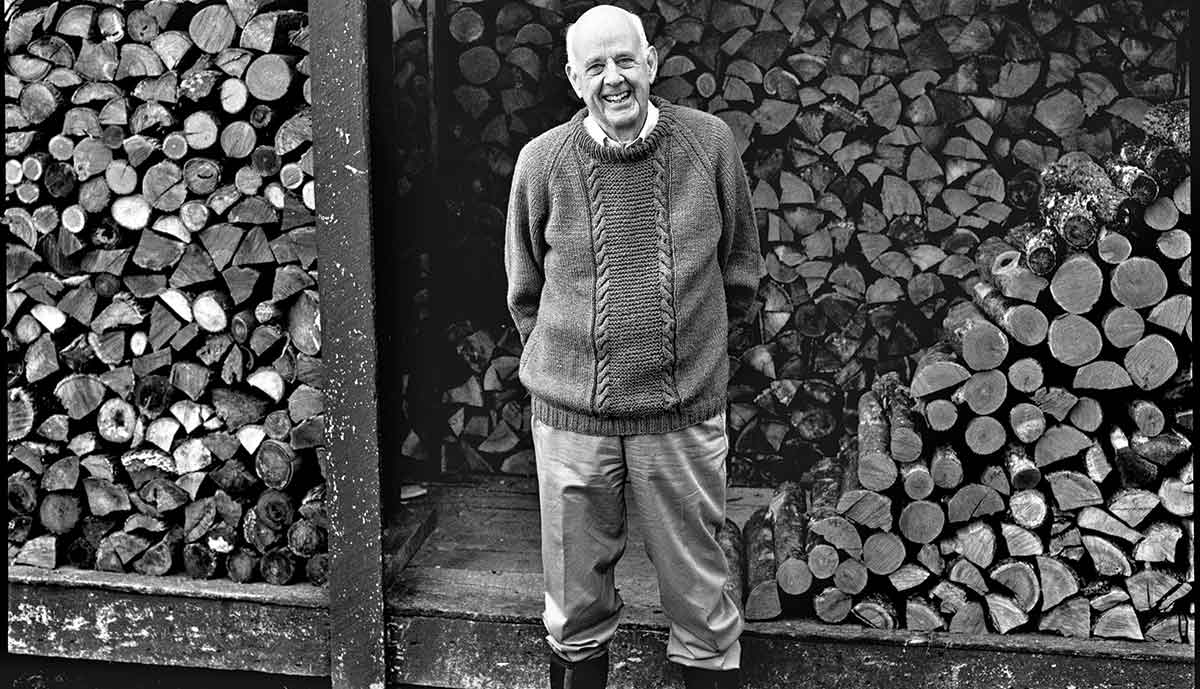Luke Wilson
 Jayber Crow on Church Hymns and Why We Really Go to Church
Jayber Crow on Church Hymns and Why We Really Go to Church
Another gem from Wendell Berry’s novel, Jayber Crow: “What I liked least about the service itself […]
 Jayber Crow’s Path Through the Dark Woods of Error
Jayber Crow’s Path Through the Dark Woods of Error
I am only about 100 pages into Wendell Berry’s novel, Jayber Crow, but I couldn’t wait until […]
From Herman Melville’s “Moby Dick” The ribs and terrors in the whale, Arched over me […]
 Mockingbird at the Movies: Charlie Kaufman’s Anomalisa
Mockingbird at the Movies: Charlie Kaufman’s Anomalisa
Charlie Kaufman’s newest film, Anomalisa, is not for everyone. I don’t mean that in an […]
 “The Convert” by G.K. Chesterton
“The Convert” by G.K. Chesterton
After one moment when I bowed my head And the whole world turned over and […]
 A Poem for Autumn: “Grace” by Wendell Berry
A Poem for Autumn: “Grace” by Wendell Berry
The woods is shining this morning. Red, gold and green, the leaves lie on the […]
 Daily Dose of Redemption: Dawes cover The Waterboys
Daily Dose of Redemption: Dawes cover The Waterboys
In my daily (often excessive) perusal of youTube videos yesterday, I stumbled across a video […]
 Iris Dement’s “He Reached Down”
Iris Dement’s “He Reached Down”
For anyone who was moved to tears (like me) by Iris Dement’s version of “Leaning […]
From The Selected Poems of Wendell Berry When despair for the world grows in me […]









